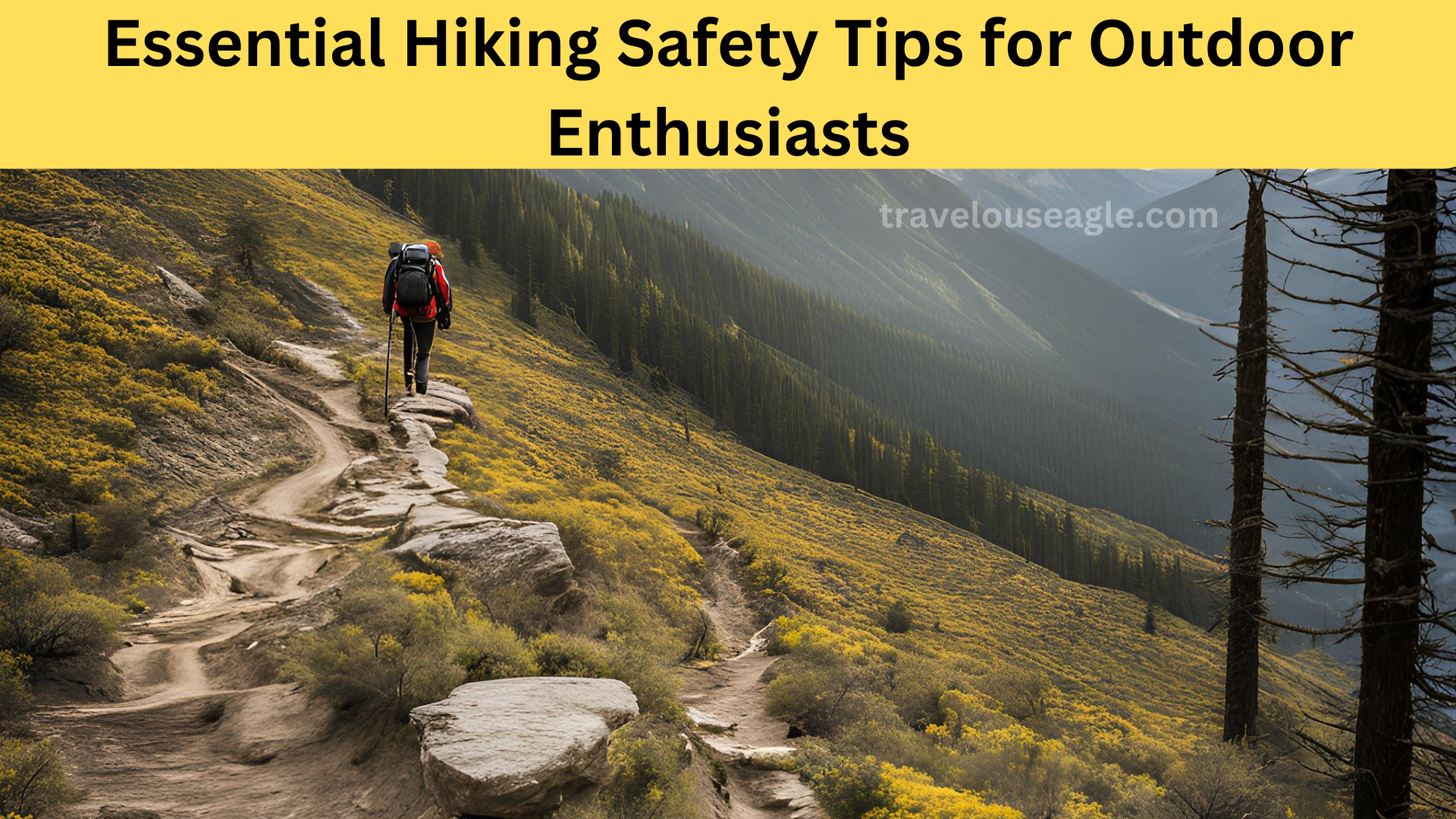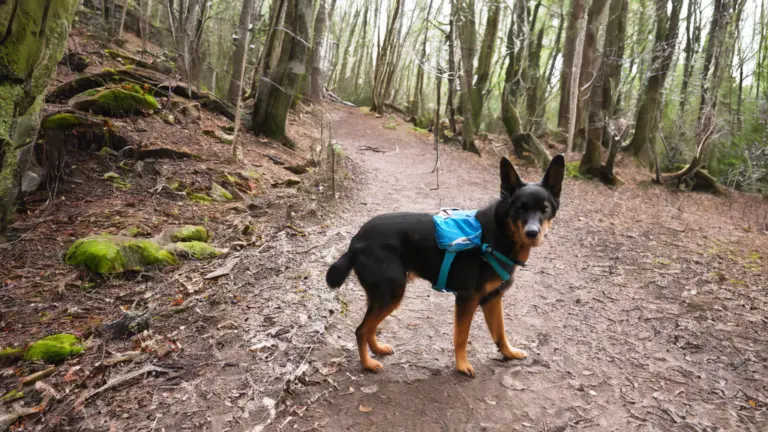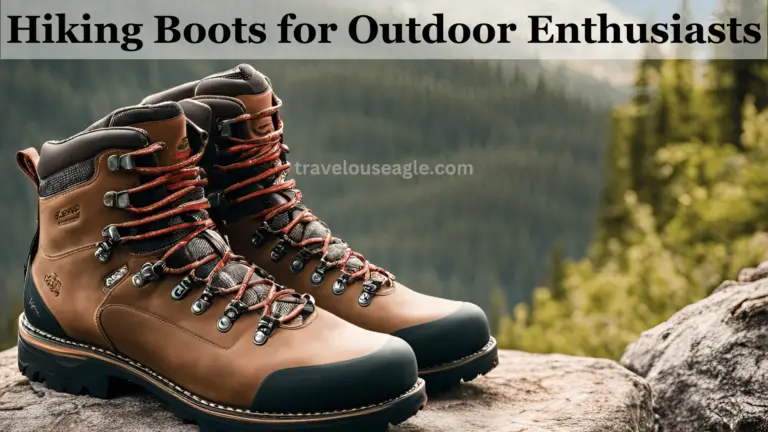Essential Hiking Safety Tips for Outdoor Enthusiasts
Exploring nature can be an exhilarating adventure, but safety should always come first during any hike. From novice to seasoned hiker, following specific hiking safety tips will make your trips both enjoyable and safe. Proper planning is Key!
Proper Planning is Key
Preparation is key when embarking on any hike; thorough preparation can reduce potential dangers.
Research the Trail
Before embarking on any hike, familiarise yourself with its terrain. Websites such as AllTrails provide extensive details regarding trail conditions, difficulty levels and current weather forecasts – helping you plan accordingly and have optimal hiking experiences.
Check Weather Conditions
Weather Can Vary Rapidly. Mountainous regions often experience sudden climate shifts. To better prepare yourself for rain, snow or intense sunlight on your travels, checking weather reports beforehand is key; Weather.com provides reliable updates.
Pack Essential Gear
Make Sure You Bring Essential Gear. Possessing the appropriate equipment is key to an enjoyable hiking experience, here’s our must-have items list:
Navigation Tools
Be sure to bring along navigation tools when hiking unfamiliar terrain, whether that be maps, compasses or GPS devices. While trails may be marked, technology can break down unexpectedly; learning how to use a compass and map could save your life!
First Aid Kit
Accidents happen, which is why having an accessible first aid kit with bandages, antiseptic wipes, pain relievers and blister treatment products is so vital. Furthermore, becoming familiar with basic first aid skills could prove invaluable should an accident arise.
Proper Clothing
Dress Appropriately Stay hydrated in changing weather conditions by layering up with moisture-wicking clothing designed to draw sweat away from your skin, in order to lower hypothermia risk and prevent it entirely. Don’t forget your hat and sunscreen for UV ray protection as well as keeping hydrated throughout the day – ultimately this can ensure optimal performance!
Stay Hydrated and Nourished
Dehydration and fatigue can compromise the safety of any hike.
Bring Plenty of Water
Be sure to bring enough water with you – hydration bladders or multiple water bottles can ensure you remain hydrated throughout. In addition, consider purification methods such as tablets or filters as additional strategies; also bring snacks from Energetique Energy-Boosting Snacks as fuel for the journey!
Energy-Boosting Snacks
Pack nutritious snacks such as nuts, trail mix, dried fruit or energy bars to provide long hikers with enough energy for sustained progress.
Communicate Your Plans
Inform Others About Your Trip
Be sure to inform a trusted friend or family member of your hiking plans, including start/finish times, trail name and any alternate routes you might take. In case of emergencies, this person can notify authorities if you do not return as scheduled.
Carry a Communication Device
A fully charged cellphone or satellite communicator may come in handy in areas with poor reception; devices like Garmin inReach provide reliable links between emergency services and those needing their help.
Respect Wildlife and Environment
Wildlife encounters can be both exciting and dangerous; when encountering this species it is important to take appropriate steps to safeguard yourself.
Keep a Safe Distance
It is wise to maintain a safe distance from wildlife to avoid an attack or its suspicion, use binoculars if necessary for closer viewing, most animals prefer not interacting directly with humans so avoid feeding or touching them directly.
Leave No Trace
Adhere to Leave No Trace principles when traveling through nature to minimize environmental impact. Pack away all trash, stay on designated trails and respect plant and animal life. Know Your Limits
Know Your Limits
Recognizing and understanding your physical limits are vitally important for safe travels.
Choose Appropriate Trails
When selecting trails that best match both your fitness level and experience level, do not overestimate yourself as this could result in injuries or exhaustion – instead gradually advance towards more difficult hikes.
Listen to Your Body
When feeling fatigued or unwell, take a break. Overexertion may lead to mistakes which compromise safety; thus it may be best for all parties involved (yourself included) if it can be avoided, rather than taking risks that put yourself or others in jeopardy.
Conclusion
By adhering to these essential hiking safety tips, you can ensure a pleasant outdoor adventure. When planning, always put preparation first; carry all essential gear; stay hydrated throughout your trek; respect both nature and yourself when exploring nature; and never underestimate any risk involved with outdoor adventures.
You May Also Like:





